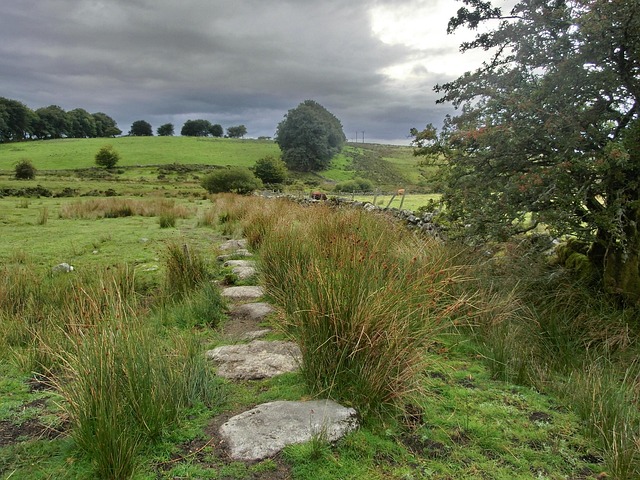Developers need to bear in mind the Party Wall Act when it comes to building works near other people’s structures. Following the release of the Covid-19 lockdown, we have found that many developers who are keen to get building are asking for Notices to be served just before they start on site under the mistaken belief that the notice period is a month. While the requirement for advance Notice is a month (or 2 for work to a Party Wall), it can take far longer to have an award in place. This is a little-understood piece of legislation, which is relevant to developers and homeowners undertaking renovations or building extensions.
The better the information there is from the engineer and architect, and the earlier it is received, the quicker and easier it is to agree an award or, even better, get agreement to the work. Having details of what is existing and what is to be built is often not enough. For example, what is the method of constructing a retaining wall to prevent next door’s building falling into the hole, or has the engineer taken account of the fragility of the adjacent structure where normal working methods would have a high risk of damage.
If these are addressed, there is a better chance of positive engagement from the adjoining owners.
The courts have taught us that ignorance is generally not a defence; architects, engineers and building surveyors should be advising their clients of the relevance of the Party Wall etc. Act. Often building owners undertake works without serving notice, as they have not been informed that the Act will have an effect on their development. This can lead to adjoining owners not being warned of works to their party walls or excavation close to their properties; not only can this strain neighbourly relationships, but the building owner could face costs of rectifying damage caused under common law, which could have been prevented by the Act if they had followed procedure.
We are happy to speak with developers and homeowners about proposed works and how the Party Wall etc. Act applies. A short conversation with us in the design stages of a project can save a large headache further down the road. Please contact Kirsty Worden for further information on the Party Wall Act for developers.





